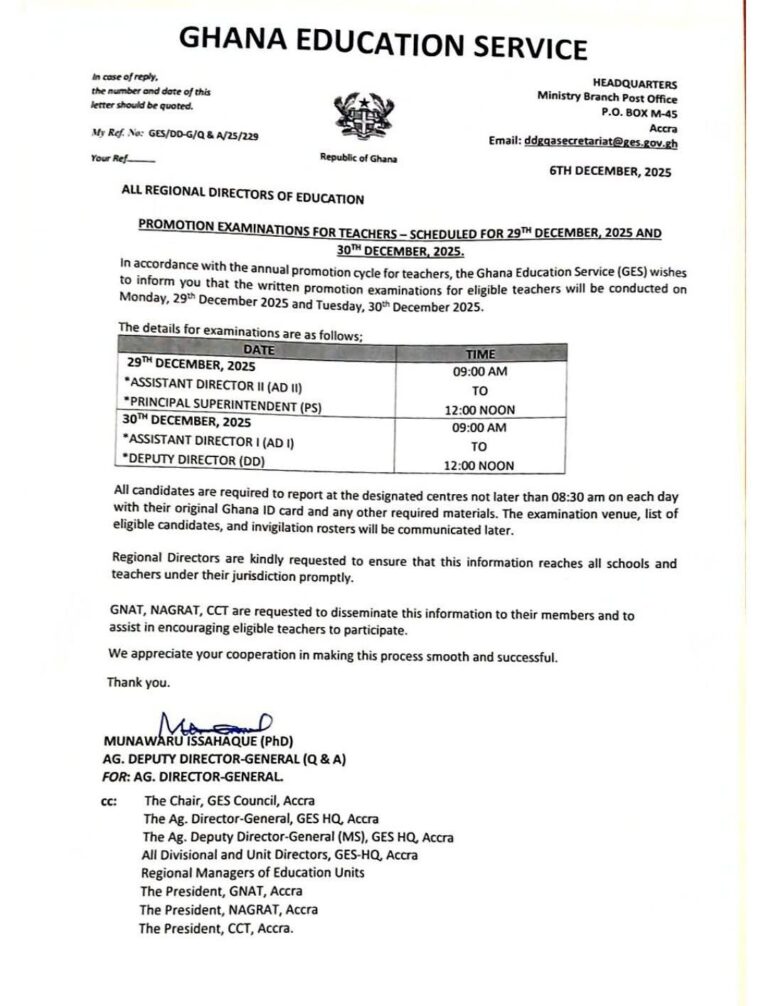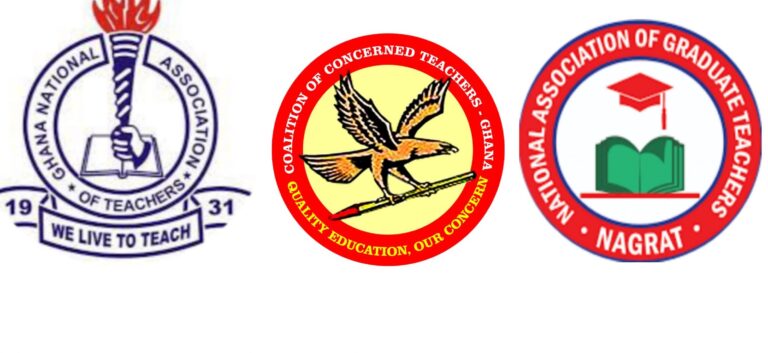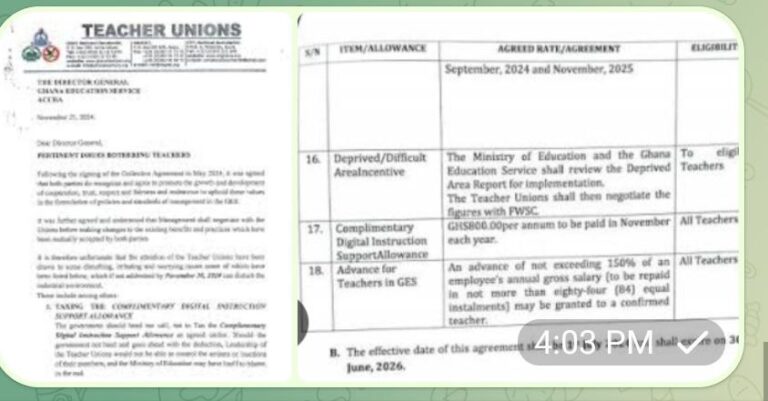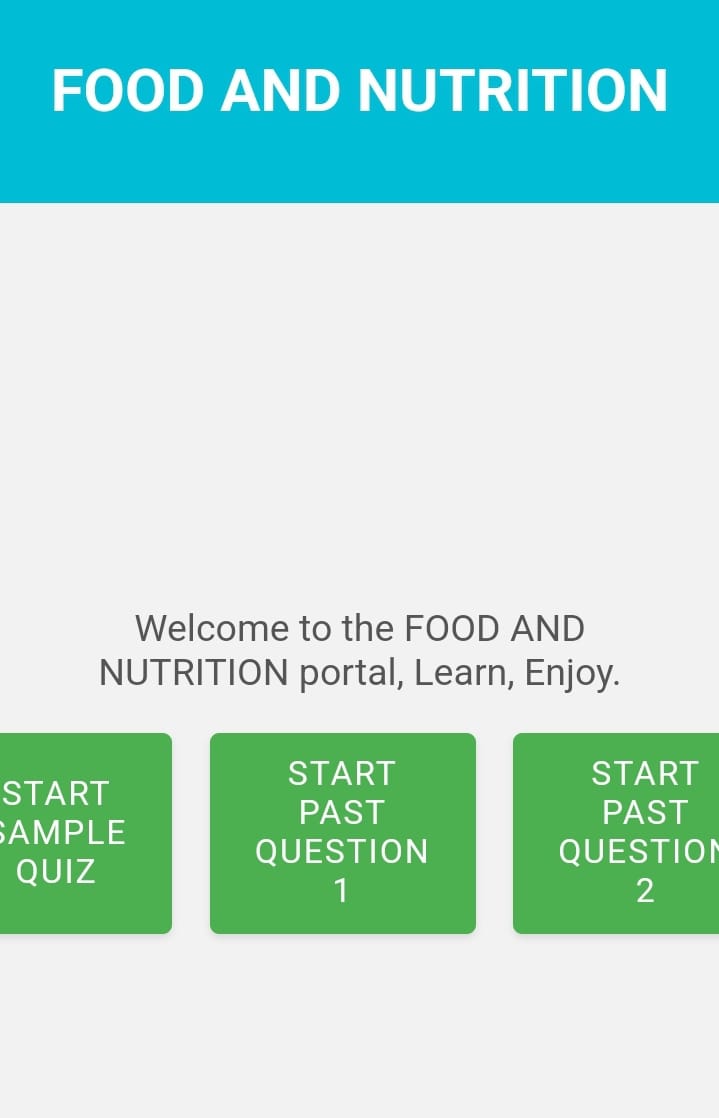
Food and Nutrition: Content Areas and Competencies
(Developed by the National Teaching Council)
1. Nutrition and Health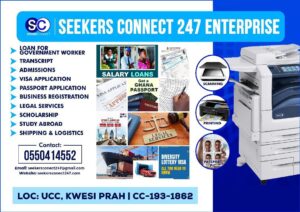
Competencies:
-
Demonstrate basic knowledge about food, its nutritive value, and utilization.
-
Understand the relationship between nutrition and health.
Descriptive Statements:
✔ Explain nutrition and related terms.
✔ Identify nutrients in food and their importance.
✔ Classify food into functional groups (energy-giving, body-building, protective).
✔ Analyze factors influencing food habits.
✔ Describe digestion and absorption processes.
2. Food Laboratory and Equipment
Competencies:
-
Plan an efficient kitchen layout and select appropriate equipment.
-
Apply sanitation principles in food preparation.
Descriptive Statements:
✔ Classify kitchen tools by size and function.
✔ Compare fuel types (electricity, gas, charcoal) for efficiency.
✔ Recommend hygiene practices (personal, kitchen, food safety).
✔ Explain the causes/prevention of kitchen accidents.
3. Cooking of Food
Competencies:
-
Analyze heat transfer principles (conduction, convection, radiation).
-
Apply cooking methods appropriately.
Descriptive Statements:
✔ Identify reasons for cooking (safety, digestibility, flavor).
✔ Compare moist vs. dry heat methods (boiling vs. baking).
4. Food Commodities
Competencies:
-
Evaluate food choices based on nutritional value and preparation.
-
Understand effects of heat on food (e.g., starch gelatinization).
Descriptive Statements:
✔ Prepare and serve diverse food commodities (grains, proteins, vegetables).
✔ Explain the roles of food additives (preservatives, flavor enhancers).
5. Food Storage and Preservation
Competencies:
-
Apply principles of food preservation (drying, canning, freezing).
Descriptive Statements:
✔ Differentiate storage vs. preservation.
✔ Demonstrate methods like pickling, pasteurization.
6. Flour Cookery
Competencies:
-
Master flour-based recipes (bread, pastries) using raising agents.
Descriptive Statements:
✔ Identify types of flour (whole wheat, all-purpose) and their uses.
✔ Explain how yeast/baking powder affects dough.
7. Family Meal Management
Competencies:
-
Plan balanced meals for family needs.
-
Utilize leftovers/convenience foods creatively.
Descriptive Statements:
✔ Outline meal-planning factors (budget, dietary needs).
✔ Discuss pros/cons of processed foods.
8. The Art of Entertaining
Competencies:
-
Practice table etiquette and food service styles (buffet, plated).
Descriptive Statements:
✔ Select appropriate party formats (formal vs. casual).
✔ Demonstrate table manners (utensil use, seating arrangements).
9. Experimental Cookery
Competencies:
-
Develop new recipes through research.
Descriptive Statements:
✔ Highlight the importance of culinary research.
10. Food Industry and Exhibition
Competencies:
-
Explore career opportunities (nutritionist, chef, food scientist).
Descriptive Statements:
✔ Guide smart food shopping.
✔ Market food products via exhibitions.
Assessment Blueprint (Table of Specifications)
| Content Area | Recall (15%) | Skill/Concept (25%) | Strategic Thinking (30%) | Extended Thinking (30%) | Total |
|---|---|---|---|---|---|
| 1. Nutrition & Health | 2 | 5 | 5 | 4 | 16 |
| 2. Food Lab & Equipment | 2 | 4 | 4 | 2 | 12 |
| 3. Cooking of Food | 2 | 3 | 4 | 3 | 12 |
| 4. Food Commodities | 2 | 4 | 5 | 4 | 15 |
| 5. Food Storage | 2 | 1 | 2 | 3 | 8 |
| 6. Flour Cookery | 0 | 3 | 4 | 5 | 12 |
| 7. Meal Management | 2 | 3 | 2 | 3 | 10 |
| 8. Art of Entertaining | 2 | 1 | 1 | 2 | 6 |
| 9. Experimental Cookery | 1 | 1 | 2 | 2 | 6 |
| 10. Food Industry | 0 | 0 | 1 | 2 | 3 |
| Total | 15% | 25% | 30% | 30% | 100% |
For the past question, click here: https://ntc.gov.gh/practice_test/food_nutrition/
Follow us on WhatsApp for more updates: https://whatsapp.com/channel/0029VaCyYGIFHWpx22L38a2K
Seekers Consult
Contact Us for Your Study Abroad Journey
We search for schools and check available scholarships for you
Contact: 0550414552 / 0362297079
Loan for government workers
Transcript Application
English Proficiency
Recommendation letter
Project work/thesis for undergraduate, master’s, and PhD students.


